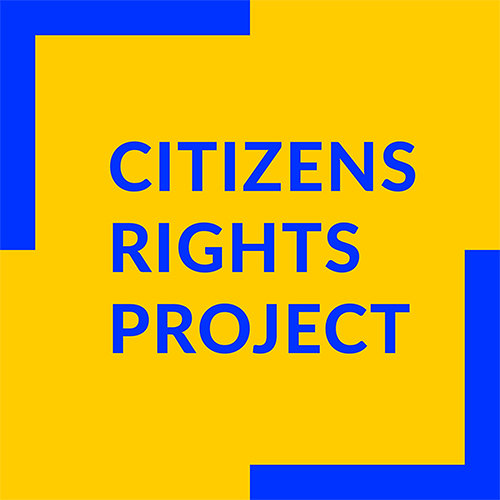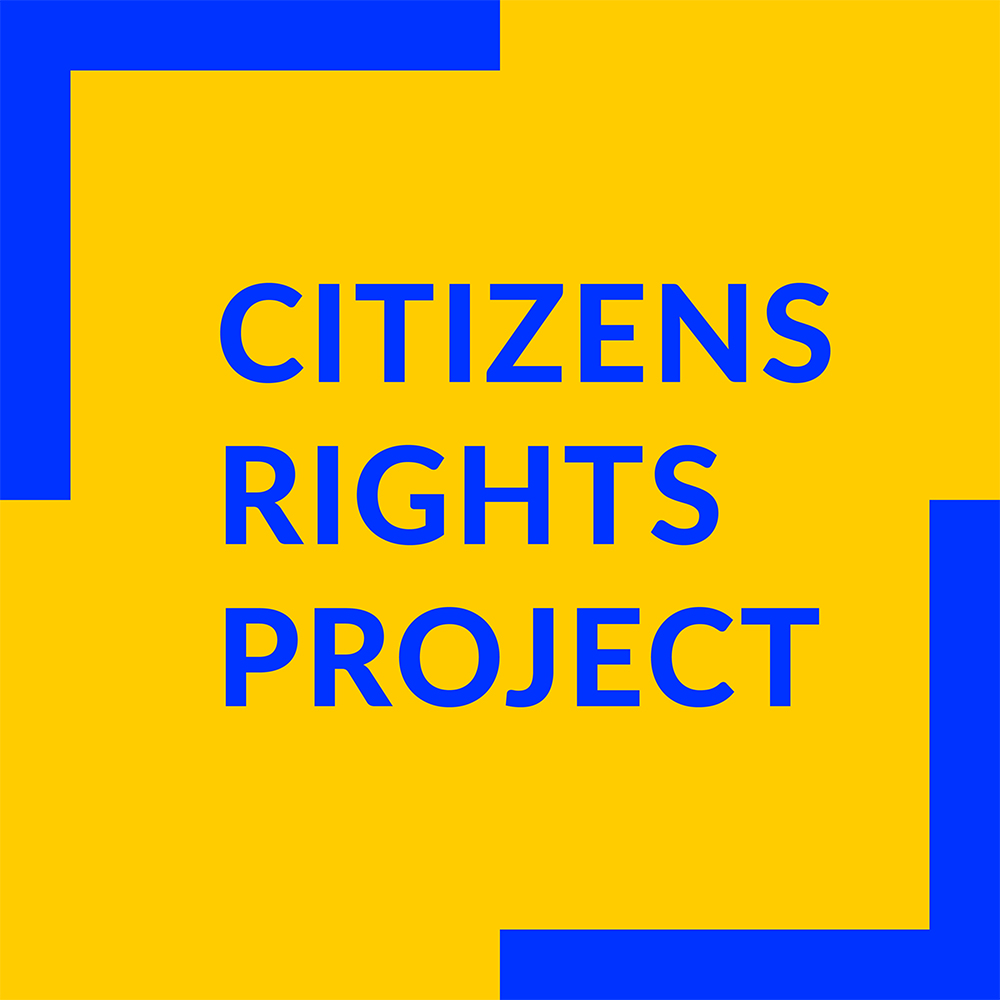Joining Family Members under the EU Settlement Scheme (EUSS)
Who can sponsor their family members to join them in the UK?
- Holders of EUSS pre-settled or settled status
- Dual nationals UK-EU
- Relevant person of Northern Ireland
1. Who can sponsor their family members to join them in the UK?
a) Holders of EUSS pre-settled or settled status
People who have been granted EUSS status (either pre-settled or settled) based on their residence in the UK before 31.12.2020 can bring their close family members to live with them in the UK (as long as they meet all the Home Office’s immigration rule requirements ). They will be able to apply for pre-settled status and have almost the same rights as those who started living in the UK before 31.12.2020.
This means that people who are granted a status as Joining Family Members (JFM) cannot sponsor their family members to join them.
For example, if you bring your adult child to the UK as JFM, neither your child nor you would be able to sponsor your child’s partner to join your child under the EU Settlement Scheme. This is because the partner of your child is not your close family member).
b) Dual nationals UK-EU
EU nationals who also have British citizenship can sponsor their family members if they arrived in the UK as EU nationals and obtained their British citizenship after their arrival. They must also not lose their EU citizenship after becoming British.
Dual nationals who were British citizens first and obtained their EU citizenship later, are not able to sponsor their close family members under the EU Settlement Scheme to join them in the UK.
c) Relevant person of Northern Ireland
On the 24th August 2020, the immigration rules were amended to allow the family members of ‘a relevant person of Northern Ireland’ to apply to the EU Settlement Scheme.
The relevant person of Northern Ireland must:
- be a British, Irish or dual British and Irish citizen,
- have been born in Northern Ireland,
- at the time of their birth, have at least one parent who held British, Irish or dual British and Irish citizenship (or had no restriction on how long they could stay in Northern Ireland),
- have been living in the UK by 31 December 2020
- have settled or pre-settled status – or show that they were eligible for it if they had applied (or been able to apply) by 30 June 2021
2. What family members can they bring to the UK?
The Home Office accepts only family members to join their relatives in the UK. Family members are defined as:
- partners (married or unmarried)
- child, grandchild, or great-grandchild under 21 years old
- dependent child, grandchild or great-grandchild over the age of 21
- dependent parent, grandparent or great-grandparent
Other relatives do not fall under this category and such relatives are not able to join their family members in the UK under the EU Settlement Scheme.
a) Partners
When considering bringing partners to the UK, it’s crucial to remember the Home Office’s requirement: “The relationship must have begun by 31 December 2020 and must still be ongoing when applying.” Of course, you must be able to evidence this.
If the relationship started after that date, your partner cannot apply for pre-settled status. They will need to explore the possibility of applying for under another immigration route, which is likely to be more difficult, include more requirements and be significantly more expensive. Please note that getting married after 31/12/20 will be irrelevant for the purpose of an EUSS application based on marriage as it will have taken place after the date when the UK left the EU.
If you got married after 31/12/20, there is a chance that you can bring your partner to the UK if, on 31/12/20, you were in a durable relationship. In making such an application, the Home Office would expect you to prove that you were in fact in a durable relationship on 31.12.2020. By that, the Home Office means: the couple having lived together in a relationship akin to a marriage or civil partnership for at least two years (unless there is other significant evidence of the durable relationship). It is important to remember that this refers to the period before 31.12.2020, so to prove that your relationship was durable, you must provide evidence for the two years prior to 31/12/20. We would recommend seeking further immigration advice if you are in this situation.
You can apply as the spouse or civil partner of a Swiss citizen in the UK until 31 December 2025 if both of the following apply:
- your relationship with them began after 31 December 2020 and by 31 December 2025
- you’re still in the relationship when you apply.
b) Children
When bringing children under 21 to the UK, the only requirement is to prove the relationship with the joining parent. This can be done by uploading the child’s birth certificate where the parent’s name is mentioned. The Home Office has templates for all EU states’ birth certificates, usually eliminating the need for translation. Based on our experience, the Home Office prefers photos over scans, so it is advisable to initially send good quality pictures of the original document to avoid potential requests to resend these.
To bring children over 21 years of age, the Home Office requires to prove the dependency of the child to the parent that they are joining. This is because, in the Home Office’s view, adult children can create their own family and are thus no longer dependents of their parents. This can be confusing for some people coming from cultures that have different views on the family, but for the EU Settlement Scheme, the Home Office defines close family members as part of the so-called ‘nuclear family’ (partners, their minor children, and dependent adult children or dependent parents).
c) Parents
Similar to the children over 21, when bringing your parents to the UK, you need to prove your relationship to them and that they are, dependent on you.
The Home Office in their guidance defines ‘dependency’ as:
(a) having regard to their financial and social conditions, or health, the applicant cannot, or (as the case may be) for the relevant period could not, meet their essential living needs (in whole or in part) without the financial or other material support of the relevant EEA citizen (or, as the case may be, of the qualifying British citizen or of the relevant sponsor) or of their spouse or civil partner; and
(b) such support is, or (as the case may be) was, being provided to the applicant by the relevant EEA citizen (or, as the case may be, by the qualifying British citizen or by the relevant sponsor) or by their spouse or civil partner; and
- c) there is no need to determine the reasons for that dependence or for the recourse to that support
In simple terms, the sponsor must prove to the Home Office that the parent (or child over 21) cannot sustain themselves financially in their home country without their help. This should be proven by evidence of bank transfers or payments done by the sponsor over a period of time and documents showing that the parent does not have the means to support themselves. Dependency can also be due to a health condition. It is possible to argue that due to the medical conditions of the parent (or child over 21) (i.e. due to an illness or disability), it is important that they receive necessary care from their family member in the UK. This must be proven by providing as much clear evidence as possible of the medical condition of the parent (or child over 21) as well as how they are dependent upon. You can also include a cover letter where you explain the situation and why you think that it is necessary to bring your parent to live with you in the UK.
3. Retained right to residence.
In some circumstances, people who used to be family member of qualifying EEA nationals before 31.12.2020, (but are no longer), may be eligible for status if they meet certain criteria specified on the Government website:
a) If you’re in education in the UK
You can apply if you’re in education in the UK and either of the following is true:
- you’re the child of someone from the EU, Switzerland, Norway, Iceland or Liechtenstein who was living in the UK by 31 December 2020, and they have left the UK or died
- one of your parents is the spouse or civil partner of someone from the EU, Switzerland, Norway, Iceland or Liechtenstein who was living in the UK by 31 December 2020, and they have left the UK or died
If you qualify through any of these circumstances, your parent is also eligible, providing they have custody of you.
b) If your family member has died
You can also apply if your family member who was living in the UK by 31 December 2020 has died, and you lived continuously in the UK as their family member for at least one year immediately before their death.
c) If you or a family member was previously married or in a civil partnership
You can apply if your marriage or civil partnership to someone from the EU, Switzerland, Norway, Iceland or Liechtenstein who was living in the UK by 31 December 2020 ended with a divorce, annulment or dissolution, and you lived in the UK when it ended.
One of the following must also apply:
- the marriage or civil partnership lasted for at least 3 years and you’d both been living in the UK for at least one year during that time
- you have custody of their child
- you have been given right of access in the UK to their child – the child must be under 18
- particularly difficult circumstances apply – for example, you or another family member was the victim of domestic violence or abuse in the marriage or civil partnership
You can also apply if a family member had an eligible marriage or civil partnership, and you lived in the UK when it ended. You must be their:
- child, grandchild or great-grandchild under 21 years old
- dependent child, grandchild or great-grandchild over the age of 21
- dependent parent, grandparent or great-grandparent
- other dependent relative
d) If you are a victim of domestic violence or abuse
You can apply if your family relationship to someone from the EU, Switzerland, Norway, Iceland or Liechtenstein who was living in the UK by 31 December 2020 has broken down permanently because of domestic violence or abuse.
You can apply if you are or were their:
- spouse or civil partner
- unmarried partner
- child, grandchild or great-grandchild under 21 years old
- dependent child, grandchild or great-grandchild over the age of 21
- dependent parent, grandparent or great-grandparent
If you already have a status, and you are an EU or non-EU national in an abusive relationship whose immigration status depends on an EU/EEA/Swiss partner with a status under the EU Settlement Scheme (EUSS), check this blog post.
4. How to apply?
Joining Family Members should make the same application as those who lived in the UK before 31.12.2020. There is not a separate application.
Those family members who are EU nationals can apply for pre-settled status directly from their home countries using EU Exit: ID Document Check app on their mobile phones if they have a biometric passport. If they have already arrived in the UK as visitors and have decided to stay and join their family members in the UK, they can apply for pre-settled status from inside the UK as well.
If they do not have a biometric passport, they will need to apply first for an EUSS family permit to enter the UK and once in country, apply for pre-settled status. If they are already in the UK and entered the country as visitors, they will need to submit an online application and send their original passport to the Home Office to prove their identity.
We recommend applying from abroad and only entering the UK after they have been granted an EUSS Family Permit entry clearance visa.
In the case of non-EU family members, they will be able to apply for pre-settled status straightaway from abroad if they have a valid Biometric Residence Card. Otherwise, they must apply for an EU Settlement Scheme Family Permit from their home countries to get clearance to enter the UK. Once in the UK, they must apply for pre-settled status within three months of their arrival. They won’t be able to confirm their identity using the EU Exit: ID Document Check app but will be required to book an appointment in the nearest UK Visa and Citizenship Application Services (UKVCAS) bureau where they will scan their documents.
In the EUSS application, Joining Family Members will have to answer ‘no’ to the question “Have you lived in the UK before 31.12.2020” (short visits before that date do not count, they ask about permanent residence prior to 31/12/20), and choose to apply as a family member of EU/EEA national. They will have to provide the full name of the person they are joining with the Unique Application Number (UAN) of their status (if the sponsor is dual national, you will have to submit evidence that they arrived in the UK as an EU national and became British after their arrival). The rest of the application is similar as it was for their sponsor, except for the documents that they will have to upload, which are the proof of relationship and (if applicable) evidence of the dependency.
Once the application is accepted, Joining Family Member will be granted pre-settled status. It is important to ensure that this person is registered somewhere like a GP, Council Tax, or has their bank account opened (and used regularly), so they can create documentation with their name and UK address. This is because in the future they will have to reapply again to switch from pre-settled to settled status and at that time, they will have to prove that they have been residing in the UK for 5 continuous years. More on switching to settled status can be found here.
If you have any questions regarding bringing your family members to the UK or you need help applying, please contact us on info@citizensrightsproject.org.


